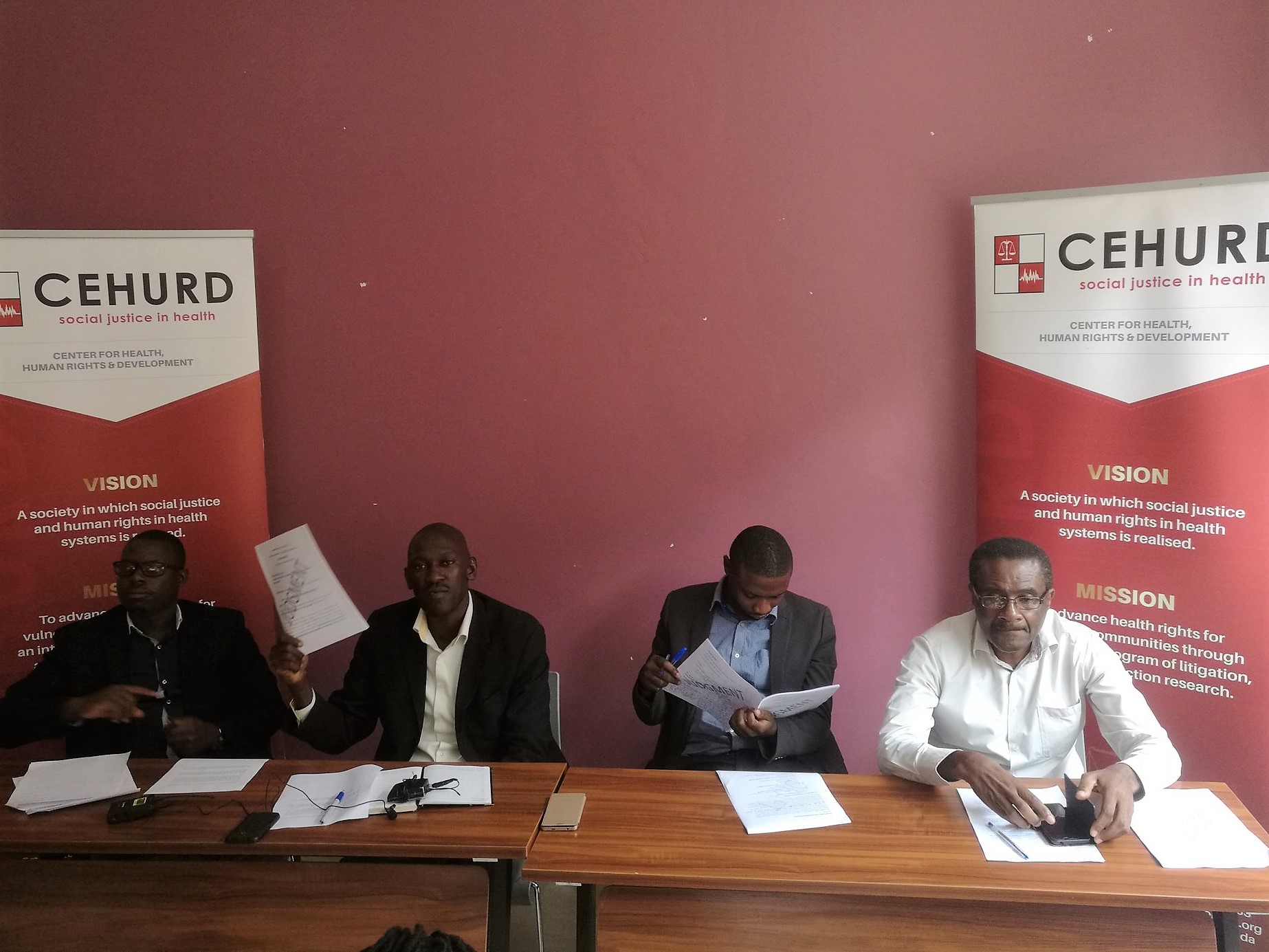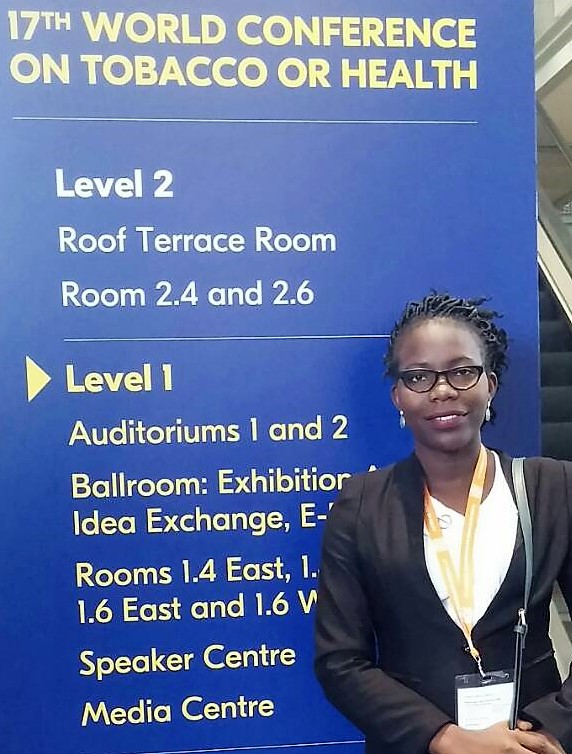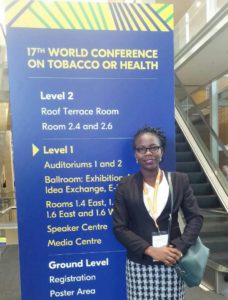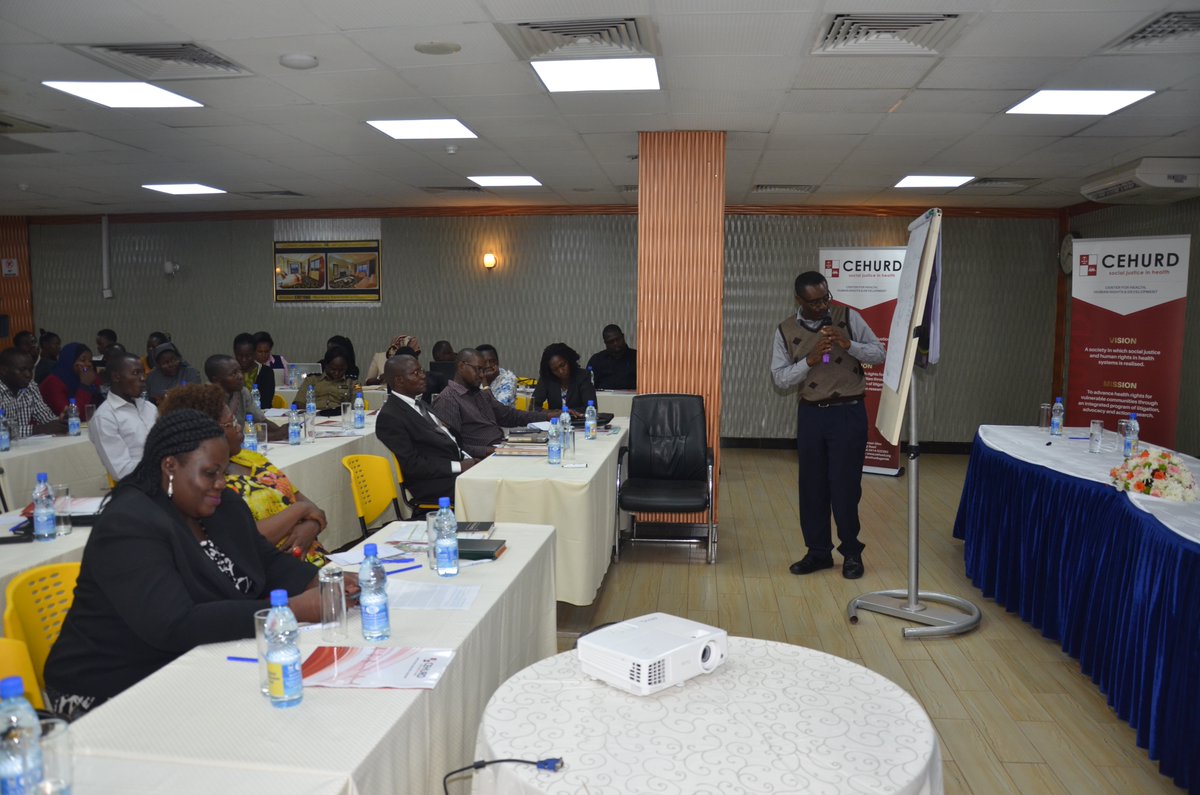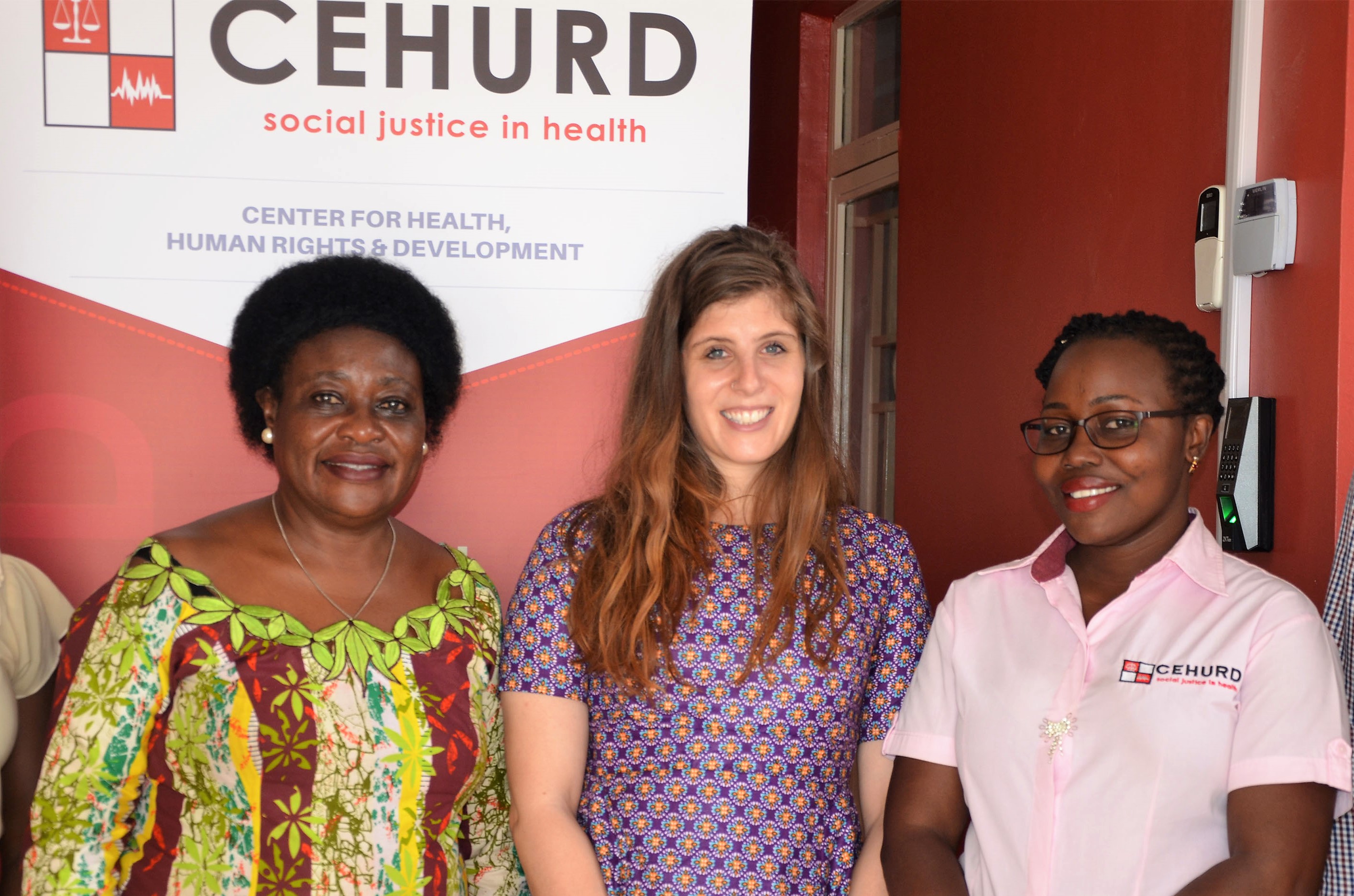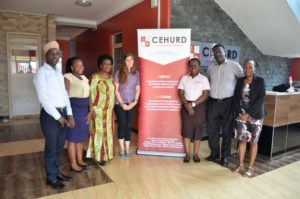By Denis Jjuuko
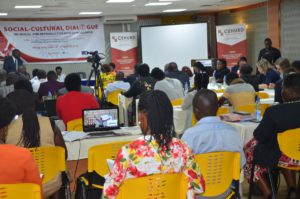 Sexual Reproductive Health and Rights (SRHR) continue to be among the most controversial and contentious topics in Uganda’s cultural, religious and policy environment. This is because of the competing approaches in the policy debates that range from religious and cultural perspectives, to legal approaches. However, a combination of factors such as: limited access to a wide range of family planning services by those in need; access to sexuality education has led to an increasing number of unwanted pregnancies, among teenagers for instance, which stands at 25%. A significant number of these end in induced abortion, posing a serious public health, human rights and social equity dilemma that affects millions of women in sub – Saharan Africa, including Uganda, albeit the ambiguous regulations on abortion.
Sexual Reproductive Health and Rights (SRHR) continue to be among the most controversial and contentious topics in Uganda’s cultural, religious and policy environment. This is because of the competing approaches in the policy debates that range from religious and cultural perspectives, to legal approaches. However, a combination of factors such as: limited access to a wide range of family planning services by those in need; access to sexuality education has led to an increasing number of unwanted pregnancies, among teenagers for instance, which stands at 25%. A significant number of these end in induced abortion, posing a serious public health, human rights and social equity dilemma that affects millions of women in sub – Saharan Africa, including Uganda, albeit the ambiguous regulations on abortion.
Uganda’s dwindling maternal health record is partly evident in her highest rates of unsafe abortion in Eastern Africa. The estimated rate of 54 abortions per 1,000 women of reproductive age is far higher than the average of 39 abortions per 1,000 women for East Africa. Unsafe abortion is among the leading causes of maternal morbidity and mortality in Uganda, contributing approximately 26% of the estimated 6,000 maternal deaths every year, and an estimated 40% of admissions for emergency obstetric care. It equally places a huge cost on the public health system; approximately Ushs 7.5 billion (US$13.9million) are spent annually to treat complications. Poor, rural women are at increased risk of unsafe abortion, 68–75% experienced complications, compared with the 17% complication rate for non-poor urban women.
The country’s restrictive abortion laws permit termination of pregnancies only to save the life of a pregnant woman. However, conflicting and restrictive interpretations of the abortion provisions under the 1995 Constitution of Uganda, the Penal Code Act of 1950 and National Reproductive Health Policies have created confusion about the correct legal status of terminating pregnancies. Because the government has not operationalized Article 22(2) of the 1995 constitution of Uganda as a way of clarifying the parameters for legal abortions, healthcare providers are unable to provide safe and legal services, while law enforcement officials and judicial officers do not effectively enforce or implement laws that permit abortion, thus denying women and girls access to safe and legal services. Inadequate regulations have also led quark doctors to freely advertise abortion services without clarity on their degree or level of safety. This environment further risks the lives of young girls and women, due to the complications that arise, thereby making unsafe abortion a public health dilemma. However, this can be averted by creating a progressive SRHR legal and policy environment as a central tenet to preventing and reducing the unacceptably high rates of maternal death in Africa.
It was upon this background that CEHURD convened a socio-cultural dialogue on 6th and 7th March 2018 at Hotel Africana to discuss SRHR in Uganda and find sustainable strategies for addressing the deficit created by a regressive SRHR environment as a critical element for good health and wellbeing of people, quality education that encompasses access to information for living healthy lives, and promoting gender equality.
The dialogue involved examining the status of the SRHR environment in Uganda; tracking progress of achieving Sustainable Development Goals 3, 4; discussing strategies of harnessing the population dividend for holistic development within a progressive SRHR environment; and defining roles, responsibilities and accountability mechanisms of key sectors for a progressive SRHR environment.
The dialogue targeted policy makers, technical people in the different line ministries, civil society organisations, religious and cultural leaders, law enforcement institutions, service providers and academics alike. The dialogue involved use of videos, panel discussions, and questions and answers questions, and participants agreed to a need to reduce on teenage pregnancies as a way of solving the unsafe abortions equation. They also agreed to a need for clear regulations and implored different SRHR stakeholders contribute to a progressive SRHR environment.
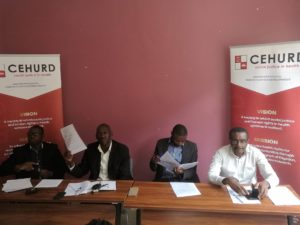 The Center for Health, Human Rights and Development (CEHURD) has today the 8th April 2018 joined other Civil Society Organisations working with People with Disabilities as well as the Uganda Medical Association to condemn a Judgment by the High Court of Uganda which declared the practice of torturing mental health patients for hours in Secluded rooms at Butabika National referral hospital a legal practice.
The Center for Health, Human Rights and Development (CEHURD) has today the 8th April 2018 joined other Civil Society Organisations working with People with Disabilities as well as the Uganda Medical Association to condemn a Judgment by the High Court of Uganda which declared the practice of torturing mental health patients for hours in Secluded rooms at Butabika National referral hospital a legal practice.
